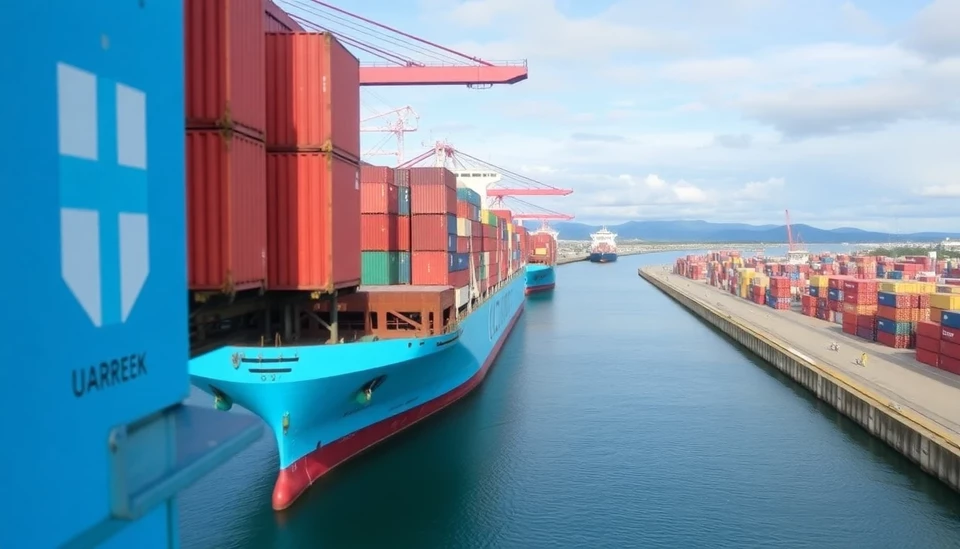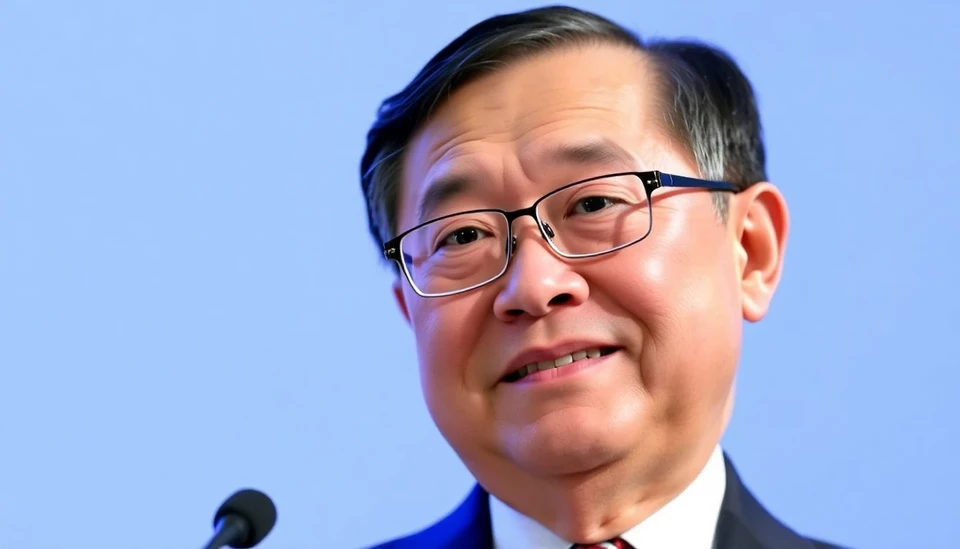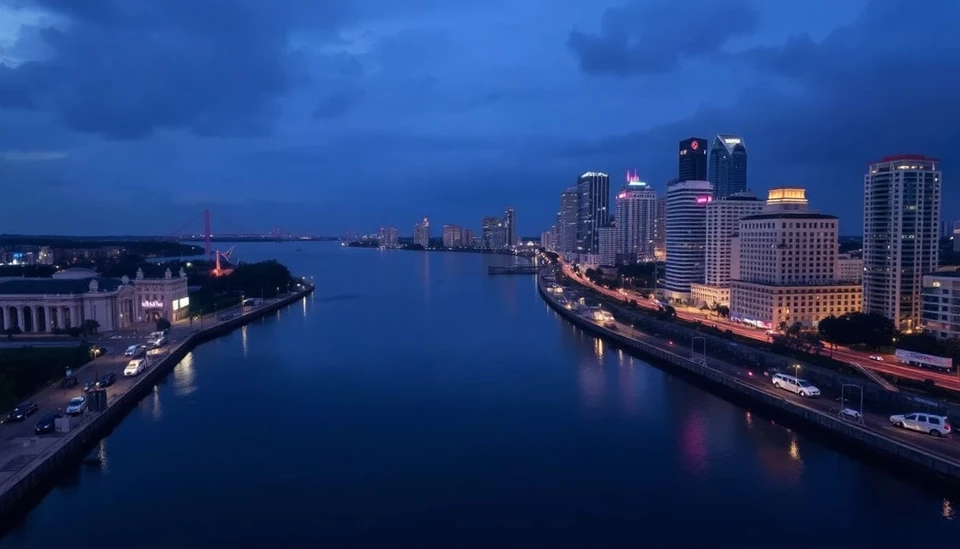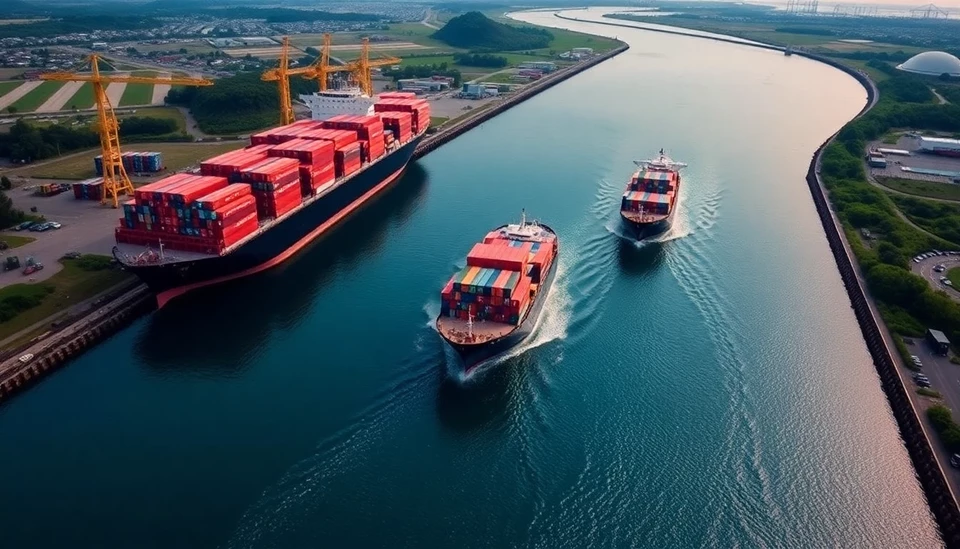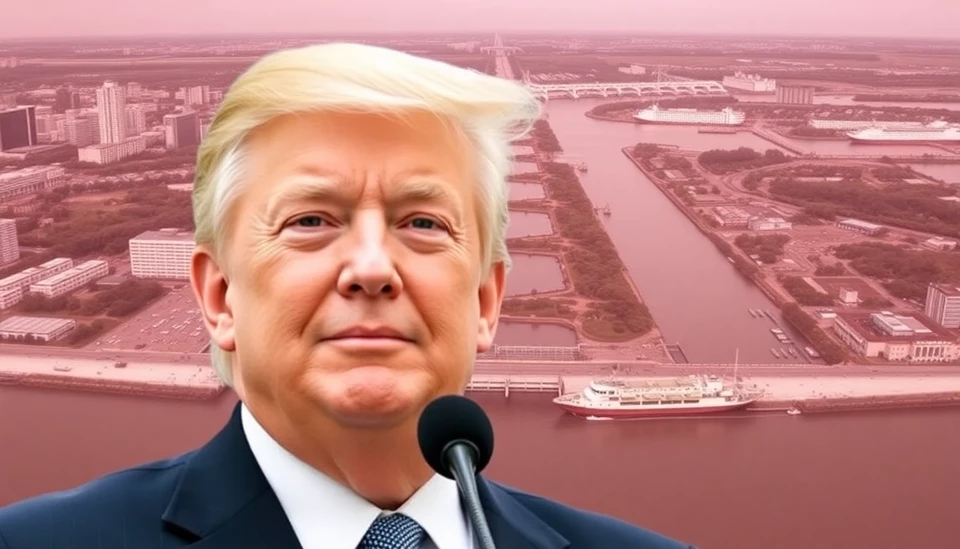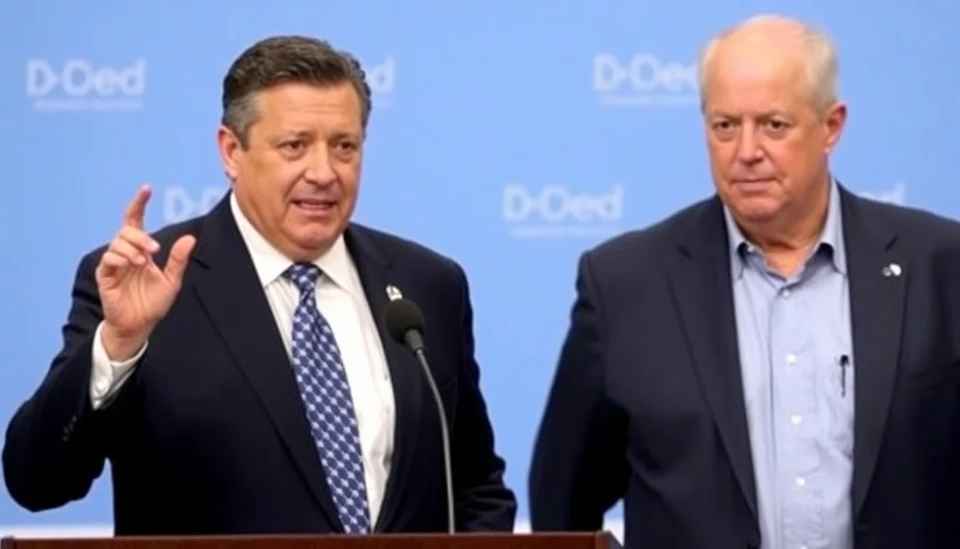
In a recent escalation of tensions between Panama and the United States, Panamanian President Laurentino Cortizo has publicly accused the US government of spreading false claims concerning tolls imposed on vessels passing through the Panama Canal. This extraordinary accusation comes as a significant point of contention as the two nations navigate their longstanding, yet complicated, relationship surrounding the strategically vital waterway.
The dispute originated from statements made by US officials, who argued that recent toll adjustments by Panama disproportionately affected American shipping interests. In a fiery rebuttal, President Cortizo declared that these assertions are not only unfounded but also detrimental to Panama's reputation as a responsible and cooperative operator of the canal. "We are steadfastly committed to transparency and fairness in our toll structures, which are essential for the ongoing maintenance and development of this critical global transit route," he emphasized during a press conference held in Panama City.
As one of the world’s busiest waterways, the Panama Canal is a crucial conduit for international maritime trade, impacting businesses and economies on a global scale. The canal has experienced various adjustments in toll rates to account for inflation and the rising costs of infrastructure maintenance. In light of this, President Cortizo defended the recent changes, stating that they are in line with the canal’s operational expenses and the necessity to reinvest in its facilities.
Moreover, Cortizo highlighted that the increase in tolls is part of a broader strategy to enhance the canal's capacity and to ensure its continued efficiency amidst growing global shipping demands. He urged the US to reconsider its stance and to engage in meaningful dialogue rather than resorting to accusations that could jeopardize the cooperative spirit that has historically guided US-Panama relations.
The backdrop of this conflict also includes a fading but lingering legacy of the US's historical involvement in Panama, notably regarding the control and management of the canal. Although the US handed over full control of the canal to Panama in 1999, the historical associations remain a sensitive topic, often influencing present-day interactions between the two countries.
In response to the accusations from Washington, President Cortizo expressed his disappointment, stating that such remarks not only misrepresent the truth but also threaten the strong ties that Panama has fostered with its international partners. He reiterated Panama's commitment to maintaining open lines of communication and cooperation with the US, while also urging for mutual respect and an acknowledgment of sovereignty over the Canal.
This diplomatic standoff underscores the fragile balance of power and economic interests present in Central America, with Panama asserting its rights as the canal's operator and the US shadowing its influence amid ongoing global trade dynamics. As the situation unfolds, both countries may face pressure to reconcile their positions, or the rifts could deepen, impacting trade relations and regional stability.
In a world where shipping routes and toll management directly correlate to economic performance, the implications of this dispute extend beyond the diplomatic realm, echoing throughout international trade channels. The coming weeks may prove critical for both Panama and the US as they navigate this turbulent phase of their bilateral relationship.
#PanamaCanal #Cortizo #USTolls #PanamaUSRelations #TradeDispute #Sovereignty #InternationalTrade
Author: Daniel Foster
